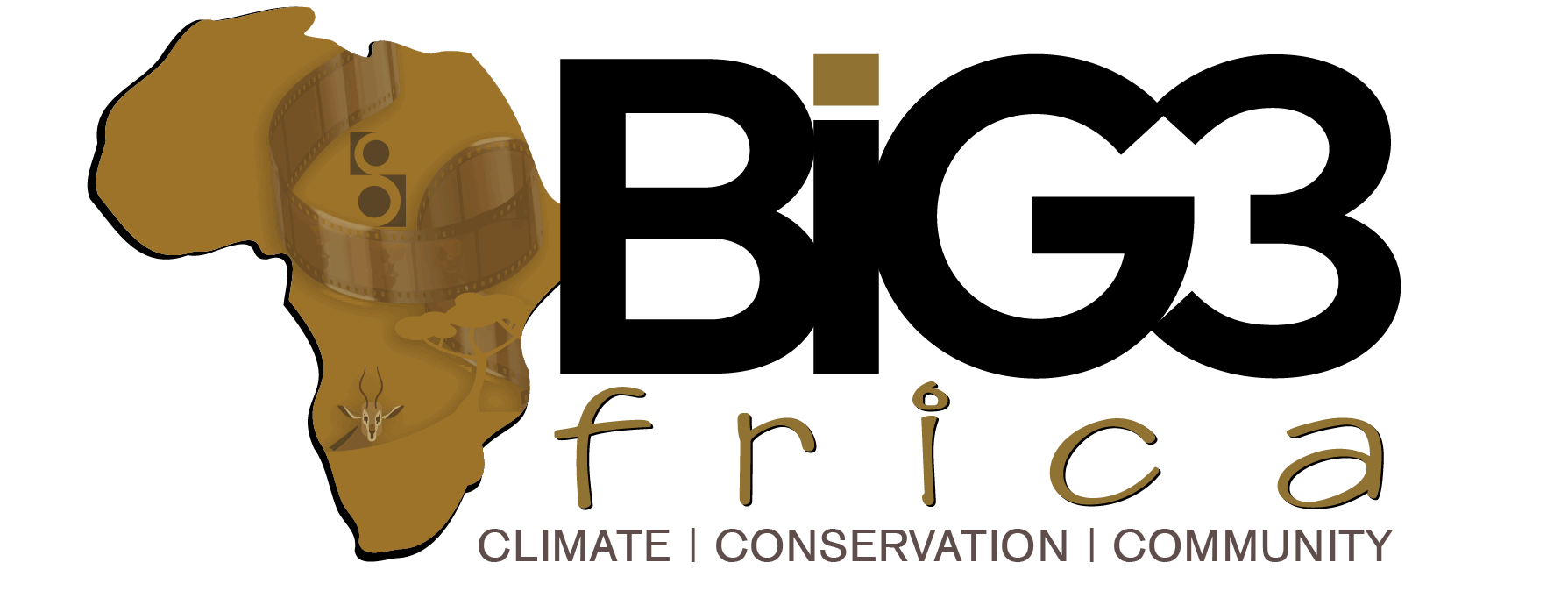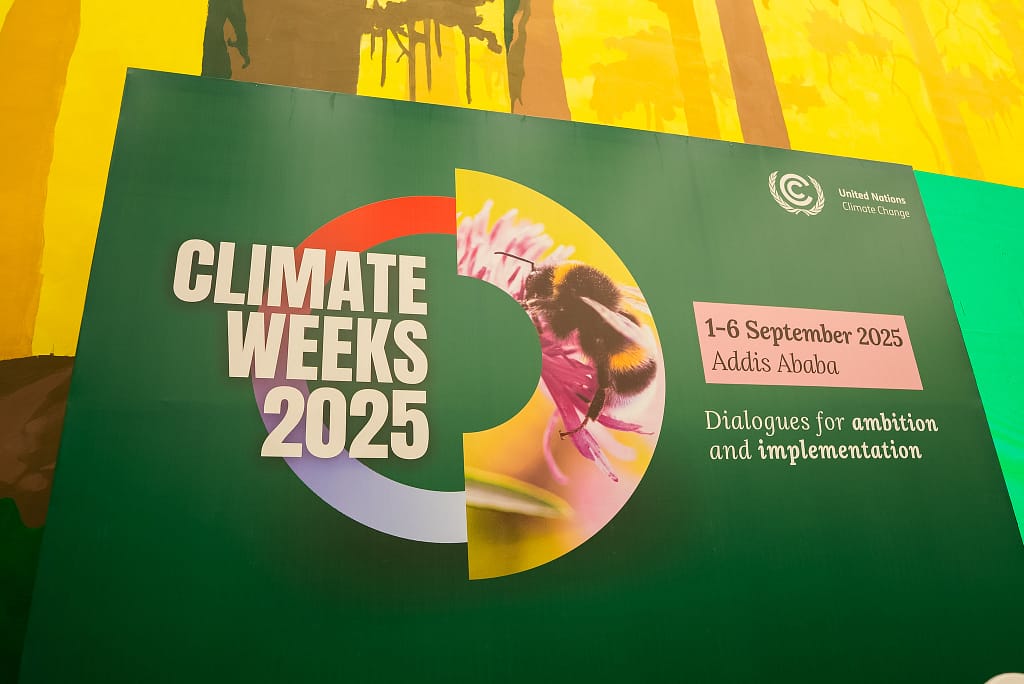Posted inConservation
Kenya’s Forests and the Repackaged Shamba System
For over 15 years, PELIS has been hailed as a clever way to expand tree cover, boost local incomes, and foster community stewardship of forests. But it has also been criticized for fueling corruption, enabling farmland encroachment, and sacrificing biodiversity in the name of expanding tree cover.











